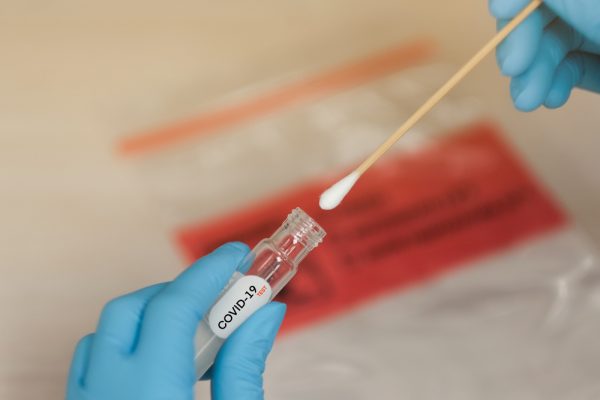If you’re a parent who’s worried about their child’s health, you may have heard of COVID-19 tests at home. These tests are covered by insurance and are more accurate than molecular tests. However, there are a few things you should know about PCR Labs at-home COVID-19 tests.
At-Home COVID-19 tests are covered by insurance
If you have Medicare or Medicaid, the at-home COVID-19 test is covered under your insurance plan. However, you need to check with your insurer first to see if you’re covered. If you’re not covered by Medicare or Medicaid, check with your state Medicaid agency.
COVID-19 tests are available in over 20,000 locations nationwide, with more coming online. These sites are free to use, and most health plans will reimburse you for them.
They are more accurate than molecular tests
The accuracy of At-Home COVID-19 tests varies greatly from test to test. In one study, patients who reported symptoms of COVID-19 had positive test results in about 72 percent of cases. However, 95 percent confidence intervals indicated that the average accuracy was between 63.7 percent and 79 percent. This variation is also apparent when comparing tests from different manufacturers. The SD Biosensor STANDARD Q, for example, had the highest accuracies, while the Coris Bioconcept test had the lowest accuracy.
The At-Home COVID-19 test is also less accurate than molecular tests. This is because it may not detect the SARS-CoV-2 virus early enough. This may result in a false-negative test result, especially when testing is done immediately after an exposure. Therefore, it is important to repeat the test as soon as possible to confirm the diagnosis.
They are more accessible for people with low vision
Recently, the government announced that COVID-19 tests will be distributed for free to blind and low vision people. To get a set of two tests, people can simply go to the USPS website and request them. These new tests are a welcome addition to the growing list of options available for people with low vision. Since the recent pandemic, advocates have pushed for more accessible at-home testing options. Such tests are especially important for people who live alone or are immunocompromised. However, when a person cannot safely travel to a testing center, they have few options.
The new COVID-19 testing kits are designed with individuals with low vision in mind. Each box contains a QR Code, which directs the user to a website and an app that helps the individual complete the test. The app communicates via Bluetooth with the analyzer, which enables the results to be displayed on the smartphone. These tests are more accessible than the previous versions, but users still need a smartphone to complete them.
They have extended expiration dates
The shelf-life of COVID-19 tests is extended thanks to a stable testing process that is used by the Food and Drug Administration to ensure they remain effective for as long as their manufacturers claim. The FDA has approved the COVID test for four to six months, but the manufacturers can request a longer shelf-life for their tests.
The FDA says that expired COVID-19 tests may not be safe to use. It has urged consumers to be aware of their expiration dates and not waste their money on expired tests. These expired tests may contain degraded testing materials that may cause inaccurate results.
For more news click prenews.co.uk

